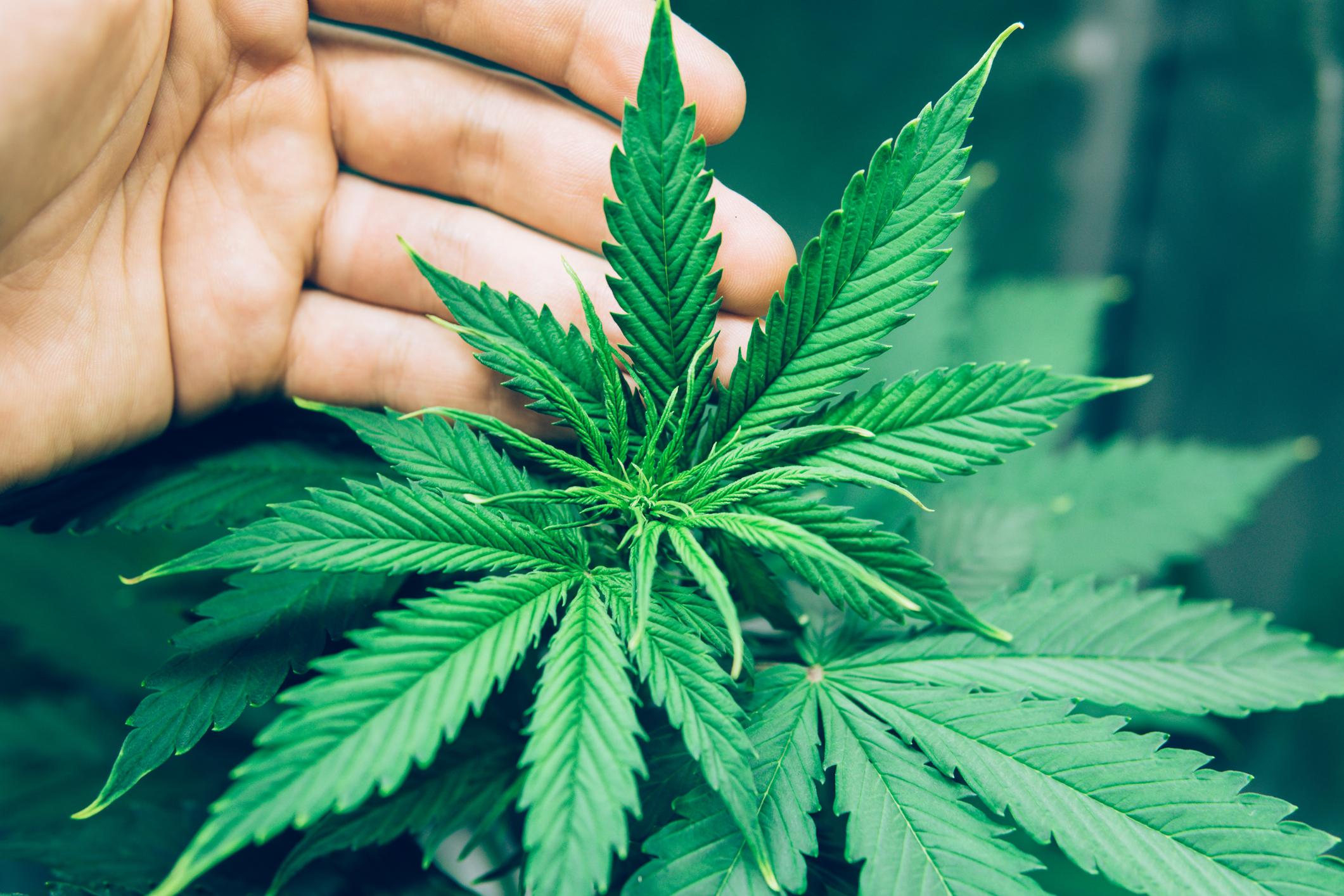Smoking regularly in your teens or early twenties damages health later in life and increases the risk of addiction, depression and isolation by age 35.

- Regular cannabis users are more likely to use high-risk alcohol, smoke tobacco, use other illicit drugs and not be in a relationship at age 35.
Regular cannabis use has harmful effects regardless of the age at which a person begins to use it. Australian researchers at the University of Queensland conducted a long-term study to look at the health effects of teenage and early 20s drinking at age 35. The results, published on January 26 in the journal Drug and Alcohol Reviewreveals deleterious effects on mental health.
More risk of depression, fewer workers and more singles
Researchers have linked regular drinking early in life to damaged and more fragile health later in life. “Compared to non-users, regular cannabis users were more likely to use high-risk alcohol, smoke tobacco, use other illicit drugs, and not be in a relationship at age 35observed lead author Dr Gary Chan, from the National Center for Youth Substance Use Research at the University of Queensland. These findings were more common among those who began using cannabis regularly as teenagers.” These younger consumers were also found to be at higher risk for depression and less likely to find employment. “Overall, regular cannabis use – more than weekly and especially daily use – has been shown to have adverse consequences, regardless of the age at which people started using it.“, continues the researcher.
For the study, the researchers followed 1,792 Australian high school students, aged 15, starting in 1992 and continuing for 20 years. They compared adult life outcomes at age 35, these including alcohol use, smoking, illicit drug use, relationship status, financial difficulties, depression, anxiety and work situation. “Many previous studies have documented the harms associated with regular cannabis use among adolescents, but few have examined the harmful consequences associated with use from young adulthood.”, estimated Dr. Chan.
Inform young people about the risk of regular consumption
The age at which users start smoking cannabis regularly influences their health consequences later in life. “Those who began using regularly as adults accounted for the highest proportion of later illicit drug use and smoking in the population, and a much higher proportion of high-risk drinking”, noted the main author. Of the volunteers who took part in the study, two-thirds started using cannabis in their early twenties.
The researchers believe that these results should be used by public authorities to inform young people about the risks of regular cannabis use. “Public health agencies and policymakers must deliver a clear and strong message to the public that regular cannabis use is harmful, regardless of when an individual begins using it.”, adds Dr. Chan.

.

















